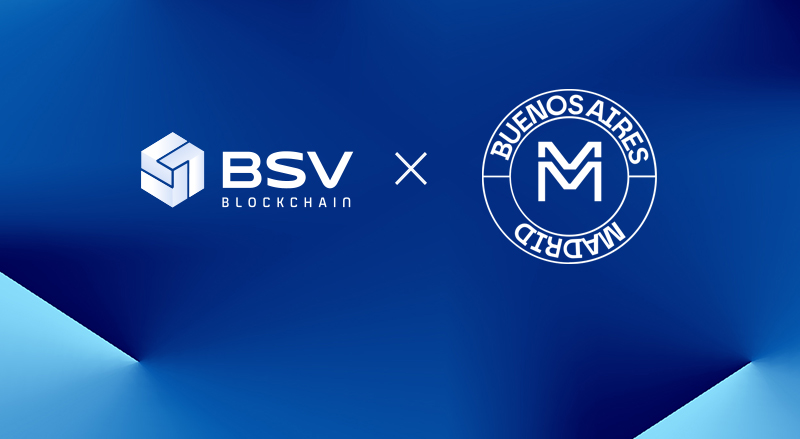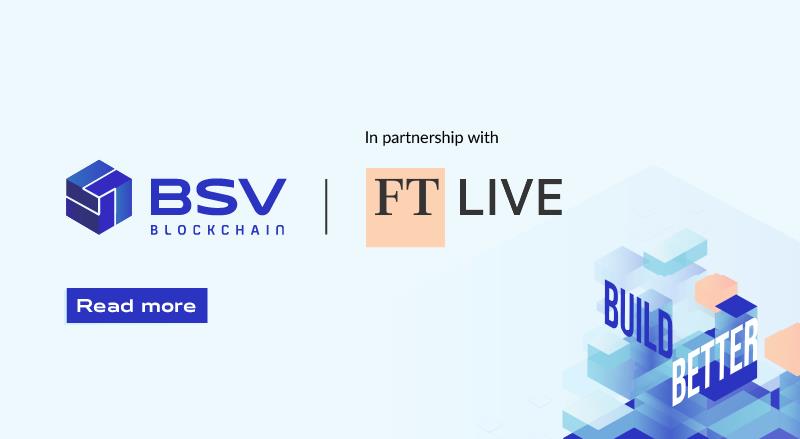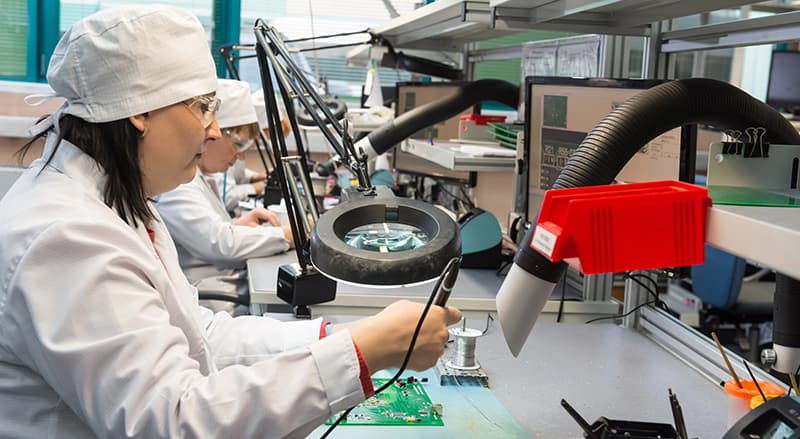Technology history has repeatedly demonstrated the value of seeking consensus on technical standards, to fuel industry growth through compatibility and interoperability between different businesses. But how and when should technical standards be adopted?
This was expanded upon in more detail by Angus Brown (Chairman of the Technical Standards Committee) at the recent London DevCon 2024 where his presentation focused on the work being done by the BSV Blockchain Technical Standards Committee (TSC).
Brown explained that the TSC promotes technical excellence and further increases the BSV blockchain’s utility by enhancing interoperability through standardisation, facilitating industry participation in the development of global standards and ensuring technical standards are maintained and freely available.
The TSC provides an out-of-the-box toolset to fuel industry growth through compatibility and interoperability between different businesses. “The TSC promotes technical excellence and further increases the BSV blockchain’s utility by enhancing interoperability through standardisation,’ said Brown. ‘We facilitate industry participation in the development of global standards and ensure technical standards are maintained and freely available,” he said.
The importance of technical standards
While standards can be seen as a boring topic, Brown noted that standards are required for any communications, ideas and information and have been used throughout history.
Brown noted that the TSC is a committee which governs the standards within the BSV blockchain ecosystem. He added that these standards are not formed by the TSC itself but come directly from the community which submits its ideas and proposals. There are now some 50 proposals before the TSC, which will be debated and considered before implementation.
“The members of the TSC are nominated to the BSV Executive Committee, with evaluation on technical and business acumen, and appointed for fixed terms. They are volunteers and not employees of the BSV Association. The committee has a mix of technical and quantitative people with business skills and experience working at the industry level,” he said.
Brown further touched on the governance role of the TSC, including IP protection, accessibility to all developers, encouraging technical debate, and improving transparency.
Principles of standard development
The TSC serves as the facilitator for the standards development process, providing the platforms, rules, governance, methodologies and access to specialists such as technical writers to objectively contribute to the standards development process.
The technical standards are developed by working groups of experts in their subject matter who understand the needs of the sectors that they represent and of the wider ecosystem. A working group is formed of authors, reviewers and a TSC sponsor.
The typical process involves the TSC meeting over a set period to share information, evidence and lessons learned, as well as ensure that the systems and tools that are being designed or implemented work together.
The TSC follows four principles of standard development:
- Industry-driven: Experts and companies, in response to a perceived need in their industry, take the lead in deciding which standards should be developed, not the TSC.
- Created by experts: Industry experts are involved at all stages of the standard development process, from deciding whether a new standard is needed, to defining all the technical content and reviewing and monitoring industry adoption once published.
- Collaborative and objective: An open process to ensure that all parties interested are offered the opportunity to be actively involved in the standard development. The recommended solution is a result of a consensus-based approach that fully considers comments gathered from stakeholders during both the internal and public review phases.
- Accountable and open: TSC standard development follows transparent procedures. The implementation of standards is monitored and recorded internally with a summary of technical decisions and comments received made publicly available.






